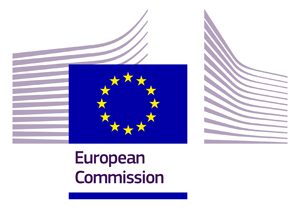What is the Kimberley Process?
The Kimberley Process (KP) is an international mechanism intended to prevent the flow of conflict diamonds onto the global market through the implementation of an import/export certification scheme applicable to rough diamonds. Established in 2003, the KP meets twice a year and brings together 82 participating member states. KP membership requires states to meet certain basic requirements regarding rough diamond handling. The KP is a tripartite system that includes civil society and industry as observers to the process, which is implemented by participating governments.
Each of the KP’s three pillars plays an important role: whilst only participating governments have decision making powers, the KP’s civil society observers are intended to provide oversight, whilst the industry pillar provides technical advice and expertise. In order to facilitate the effective functioning of the KP, the civil society pillar is composed of civil society organisations united in a coalition to discuss and form common positions supportive of all civil society stakeholders on matters of relevance to the KP.
For more information about the Kimberley Process please visit: https://www.kimberleyprocess.com/
How does the KP work?
A KP Chair oversees the implementation of the KPCS and serves as the Secretariat during the year of its mandate. This chairmanship rotates every year among participant countries with vice chairs taking up the role of chair in the year after their vice chairmanship. The functioning of the KP is carried out by a number of Working Groups and Committees.
The Working Group on Monitoring is responsible for the peer-review mechanism, organizes missions and visits to participating countries and assesses participants’ annual reports. It also deals with crises relating to difficulties of implementation in specific countries.
The Working Group on Statistics is mandated to ensure reporting and analysis of statistical data on the production and trade of rough diamonds.
The Working Group of Diamond Experts solves technical problems in the implementation of the KP.
The Working Group on Artisanal and Alluvial Production aims to promote more effective internal controls on the production and trade of alluvial diamonds.
The Committee on Rules and Procedures develops rules and procedures for the KP’s functioning as an international mechanism
The Committee on Participation and Chairmanship assists the Chair of the Kimberley Process in handling the admission of new participants, reviwieing and assessing KP Chair and Vice Chair candidates, and overseeing the procedure for compliance failures that can lead to a participant’s removal from the scheme.
The KP can also from time to time create Ad Hoc Committees to deal with specific issues that may arise. For example, the Ad Hoc Committee on Review and Reform is responsible for developing the recommendations for reform to be produced by the current reform cycle due to end in December 2019.
Decisions on routine issues can be made by consensus in the working groups. Major decisions are made on the basis of consensus, usually at the yearly Plenary meeting. Unforeseen problems can be dealt with through ad hoc ‘administrative decisions’.

